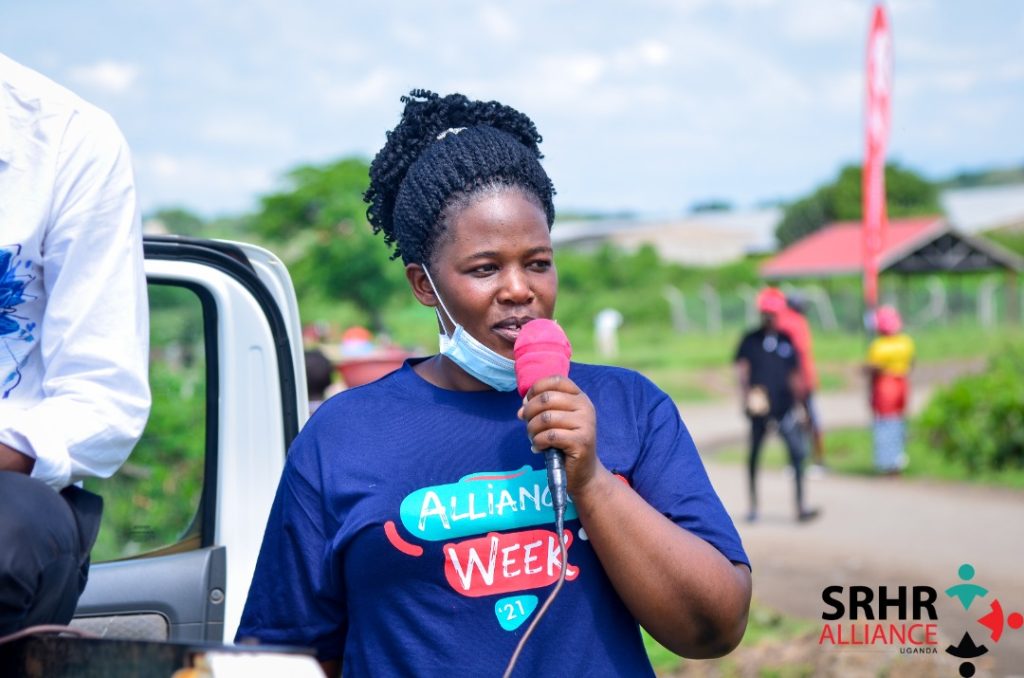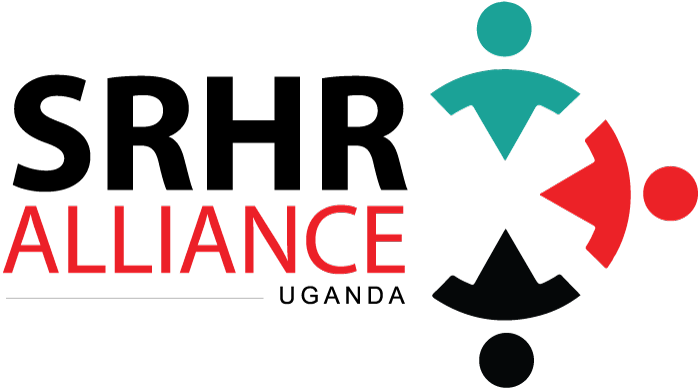There has not been a time in the 21st Century at which we have experienced anything that deepened the inequalities for women in society as the COVID19 pandemic. Many women were effectively confined with their abusers, while resources and support services were redirected to fighting the pandemic. We also witnessed the multitudes of disturbing reports from around the world of skyrocketing levels of gender-based violence, especially against women.
At a time when the global working population comprises 46% women but most of the financial growth, stability and resources is largely controlled by men, how do we ensure a level playing field for both men and women? How do we bring an already marginalized group of people and allow them to favorably compete in the world? How do we achieve Gender Equality?

Lessons from the pandemic on the important place of women in society.
If there is one fact that the pandemic has taught us all, it is the importance of a strong and efficient healthcare system and sector. Many of us lost loved ones merely because the healthcare systems could not support their health. To achieve better healthcare, even in Uganda, we saw efforts being made to achieve better pay and benefits for health practitioners. However, what makes this even more interesting is the fact that 70% of the workforce in the health sector are women, making them indispensable as contributors to the delivery of health care services, delivering care to over 5 billion people. We are daily trusting our lives and health to a population we think of as less deserving of better pay, equity and equality. Can you imagine that!
Women have faced different immense challenges such as FGM and maternal health related challenges, even before the pandemic, that have accelerated and sprouted from the existing gender inequalities in the world and been further emphasized through cultural, social and religious beliefs. The same is the case for the Sexual Reproductive Health and Rights (SRHR) for women, which indicates a diverse considerable input for provision of SRH information and services to adolescents and young women, access to SRH services, and sexual violence against women and girls in order to check on the SRHR challenges women face.
The approaches of human rights, regarding the sexuality and reproductive health of women, have been the most pre-eminent and have triggered extensive conversations around the underlying dependence of multiple human rights aspects like right to life. education, health and many other rights-based approaches. The simple right to have control over and decide freely and responsibly on matters related to their sexuality, to have access to sexual and reproductive health, to a life free of coercion, discrimination and violence realistically reflect the urgent need to protect, respect and honor rights inclined to women.
What are the factors further emphasizing gender inequality in our societies?
There are many factors emphasizing gender inequality in our societies some of which being; Prohibitive laws and governments’ reluctance to institute and implement comprehensive rights approaches to SRH, lack of political leadership and commitment to funding SRHR policies and programmes, and the dominant negative cultural framing of women’s issues.
How then do we counter these and achieve Gender Equality?
First and foremost, the most important aspect is for us to acknowledge the importance of gender equality, while emphasizing the fact that its attainment is not merely for the benefit of women, but for everybody. We have all witnessed the power of duo income homes or even the greater strides we achieve through equal involvement of men and women.
Beyond this, we need to push the government towards passing laws and policies that favor not only the equal treatment of women, but their economic and social development as well.
Implement these policies and hold accountable various stakeholders entrusted with the mandate to see through the implementation of these policies.
Commit funding and resources towards achieving gender equality, and actually making efforts to see all plans, ideas and activities planned through to the end.
As we commemorate the International Women’s Day 2022, let us remember to prioritize Gender Equality Today for a Sustainable Tomorrow.
